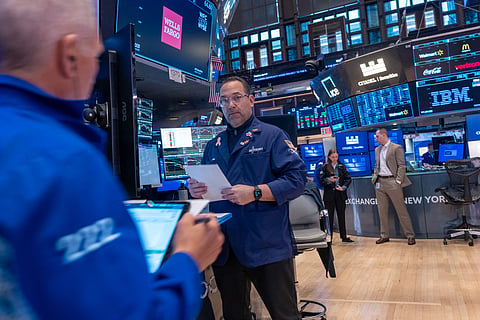
- NEWS
- the EDIT
- COMMENTARY
- BUSINESS
- LIFE
- SHOW
- ACTION
- GLOBAL GOALS
- SNAPS
- DYARYO TIRADA
- MORE

The rise of artificial intelligence isn’t just reshaping industries — it’s reshaping city housing markets. Cities already notorious for high rents are now feeling the pinch as well-paid AI professionals flood urban centers, bidding up apartments and driving costs even higher.
A recent report by CBRE, highlighted in the New York Post, shows that the number of AI-skilled workers in the U.S. and Canada has jumped more than 50 percent over the past year, reaching over 517,000. This influx is concentrated in major tech and finance hubs including the San Francisco Bay Area, New York City, Seattle, Toronto, and Washington, D.C. — cities where housing affordability was already under pressure before the AI surge.
The impact on rents is clear. Manhattan apartments have climbed more than 14 percent between 2021 and 2024, while Washington, D.C. saw a 12 percent increase in the same period. Seattle rents rose 7 percent, and San Francisco nearly 6 percent. New York alone added roughly 20,000 AI professionals in the past year, while other key hubs like Atlanta, Chicago, Dallas-Fort Worth, Toronto, and Washington recorded growth rates of 75% or higher.
High AI salaries make these rents manageable for the new arrivals. CBRE found that Manhattan AI workers spend about 29% of their income on housing, while San Francisco and D.C. professionals spend closer to 19%. But for everyone else, the influx of high-income tech workers is intensifying the squeeze on an already tight housing market.
Unlike many other tech sectors that embraced remote work during the pandemic, AI companies are filling office towers. In San Francisco, one in four square feet leased over the past two and a half years went to an AI tenant, underscoring the sector’s appetite for both talent and physical office space.
